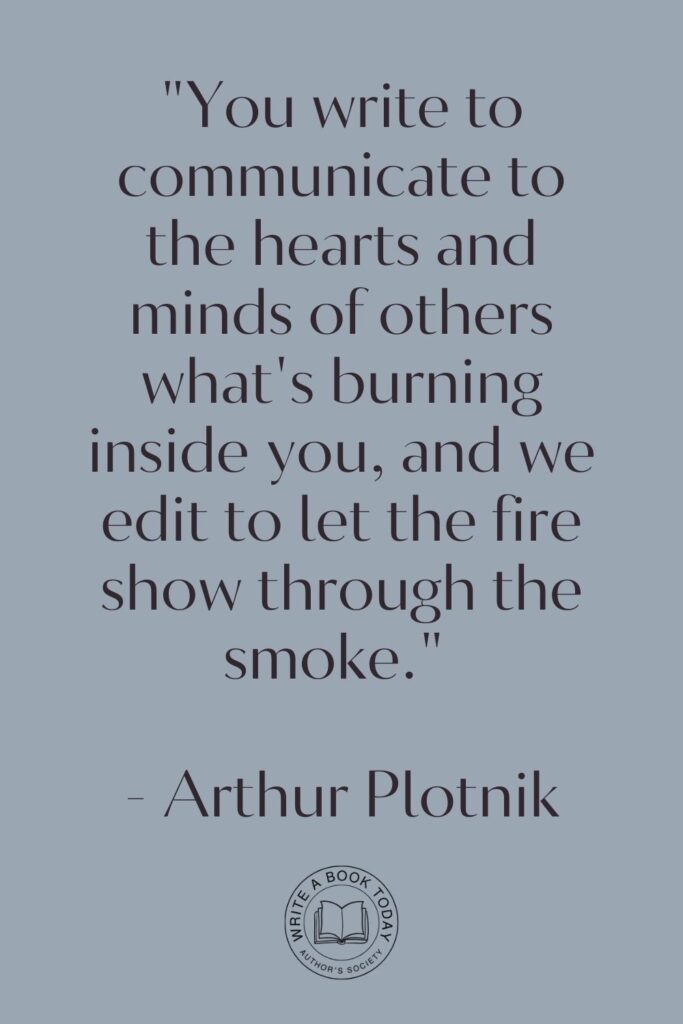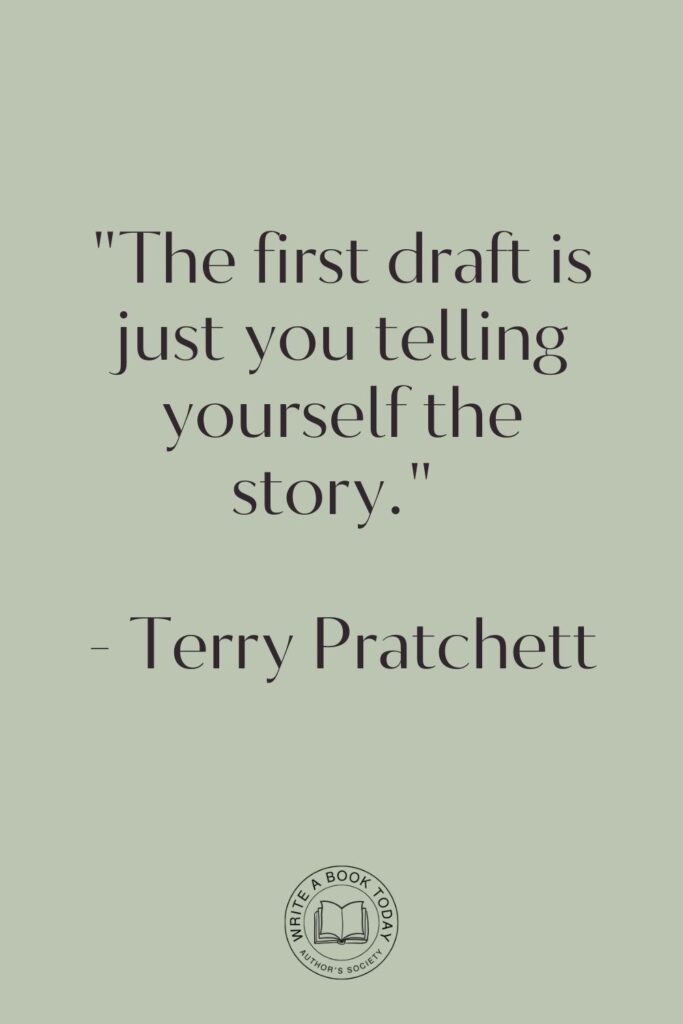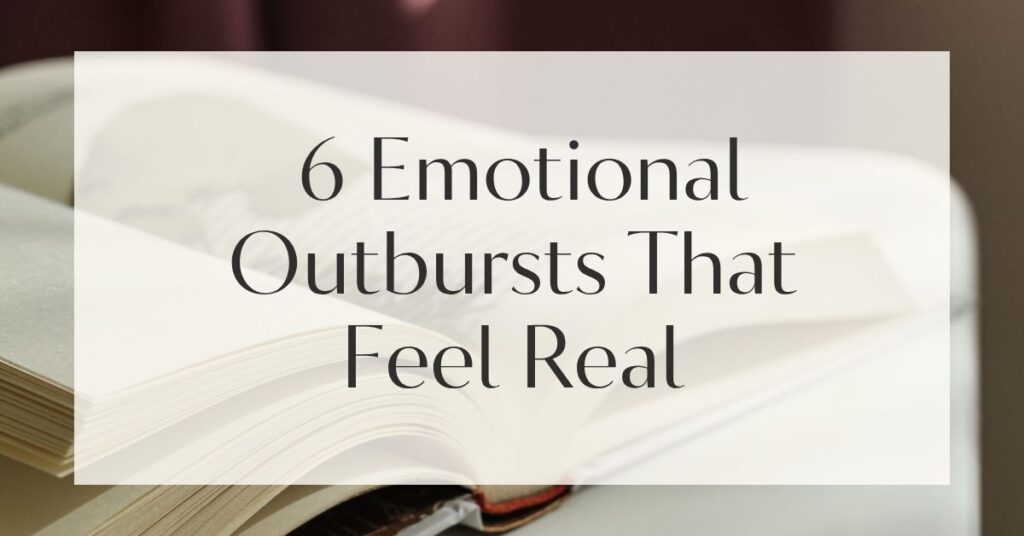Have you ever found yourself overwhelmed by a sudden rush of emotions, leaving you feeling as if you’re riding a rollercoaster of feelings? You’re not alone. Emotional outbursts are a common experience, yet they can often feel isolating and bewildering.
These intense episodes can stem from various psychological triggers, affecting our emotional health and how we manage emotions in our daily lives. Understanding these outbursts is the first step towards regaining control and fostering emotional well-being.
Understanding Emotional Outbursts
Emotional outbursts can be likened to a dam breaking, where pent-up emotions flood out uncontrollably. These episodes are not just about the visible tears or anger; they reflect deeper psychological processes.
Recognizing the nature and causes of these outbursts can help us handle them more effectively, paving the way for better emotional health.
What Are Emotional Outbursts?
Emotional outbursts are intense, often unpredictable displays of emotion that seem to erupt out of nowhere. They can manifest as explosive anger, overwhelming sadness, or even excessive joy.
These outbursts occur when emotions build up over time and are suddenly triggered, leading to a loss of control. Unlike regular expressions of emotion, outbursts are characterized by their intensity and the feeling of being overwhelmed. This phenomenon is akin to a pressure cooker reaching its limit, where the steam must find an outlet.
To manage emotional outbursts, it’s crucial to understand their root causes. Consider keeping a journal to track when these episodes occur and what precedes them. This can provide valuable insights into patterns and potential triggers.
The Difference Between Emotional Outbursts and Tantrums
While both emotional outbursts and tantrums involve strong emotional displays, the key difference lies in intent. Emotional outbursts are often involuntary and stem from genuine emotional overwhelm.
In contrast, tantrums, particularly in adults, may be more deliberate and manipulative, used to achieve a specific outcome. Understanding this distinction helps in addressing the underlying emotional needs rather than just the surface behavior.
Common Causes of Emotional Outbursts
The causes of emotional outbursts are as varied as the individuals who experience them. Stress, fatigue, and unresolved personal issues are common culprits.
Moreover, underlying psychological conditions such as anxiety, depression, or emotional dysregulation can exacerbate these episodes. It’s like a storm brewing beneath the surface, waiting for the right trigger to unleash its fury.
- Chronic stress
- Poor sleep
- Unresolved conflicts
- Substance use
- Hormonal changes

Recognizing Psychological Triggers
Psychological triggers are events or situations that provoke an emotional response, often linked to past experiences. Identifying these triggers is essential in managing emotional outbursts.
Common triggers include feelings of rejection, failure, or being misunderstood. By recognizing these triggers, individuals can develop strategies to cope with them effectively.
Practice mindfulness to become more aware of your emotional triggers. Techniques such as deep breathing and grounding exercises can help you stay present and reduce the intensity of your reactions.
Types of Emotional Outbursts
Emotional outbursts can take many forms, each with its unique characteristics and challenges. Understanding these types can help in identifying and addressing them when they occur.
Feeling lost with your debut novel?
Fiverr Pro connects you with expert editors, designers, and marketers – everything you need to get your book ready for success!

Explosive Anger
Explosive anger is perhaps the most recognizable type of emotional outburst. It involves sudden, intense feelings of rage that can lead to shouting, verbal aggression, or even physical actions.
This type of outburst often results from accumulated frustration and stress, much like a volcano erupting after years of pressure buildup. The aftermath can leave individuals feeling guilty or embarrassed, highlighting the need for effective anger management strategies.
Uncontrollable Sadness
Uncontrollable sadness is characterized by overwhelming feelings of despair and hopelessness. This type of outburst often involves crying spells and a sense of being unable to cope with life’s challenges. It can be triggered by loss, disappointment, or unresolved grief. Addressing this requires a compassionate approach, focusing on emotional support and understanding.
When dealing with uncontrollable sadness, reach out to supportive friends or family members. Sharing your feelings can provide relief and help you process your emotions more effectively.
Frustration and Irritability
Frustration and irritability often go hand in hand, leading to emotional outbursts that can strain relationships and disrupt daily life.
Unmet expectations or perceived injustices can trigger these feelings. Understanding the underlying causes of frustration can help in developing healthier ways to express and manage these emotions.

Joyful Overwhelm
While often overlooked, joyful overwhelm is a genuine emotional outburst. It occurs when positive emotions become so intense that they lead to tears, laughter, or an inability to speak.
This type of outburst is a reminder that emotional regulation is not just about managing negative feelings but also about finding balance in moments of extreme happiness.
The Impact of Emotional Outbursts
Emotional outbursts can have far-reaching effects on various aspects of life, from personal relationships to professional environments. Understanding these impacts is crucial in addressing and mitigating their consequences.
Effects on Relationships
Emotional outbursts can strain relationships, leading to misunderstandings and conflicts. When emotions run high, communication often breaks down, resulting in hurt feelings and resentment.
It’s like a storm passing through a calm sea, leaving waves of discord in its wake. Rebuilding trust and fostering open dialogue are essential steps in repairing these rifts.
Google Docs is for notes. Scrivener is for novels. Upgrade your writing game and try it for free today!

Consequences in Professional Settings
In professional settings, emotional outbursts can undermine credibility and hinder career advancement.
Colleagues may perceive such behavior as unprofessional, leading to strained work relationships and decreased productivity. Addressing emotional health in the workplace is vital to maintaining a supportive and efficient environment.
| Impact | Description |
|---|---|
| Relationship Strain | Leads to conflicts and misunderstandings |
| Professional Consequences | Hinders career growth and team dynamics |
| Mental Health Effects | Contributes to anxiety and depression |
Long-Term Mental Health Effects
Frequent emotional outbursts can have long-term effects on mental health, contributing to conditions like anxiety and depression.
The constant cycle of intense emotions can create a sense of instability and unpredictability. Addressing these outbursts is not just about managing individual episodes but also about ensuring overall emotional well-being.

Strategies for Managing Emotional Outbursts
Managing emotional outbursts requires a multifaceted approach, combining self-awareness, mindfulness, and communication skills. These strategies can help individuals regain control over their emotions and improve their overall emotional health.
Developing Emotional Awareness
Emotional awareness involves recognizing and understanding your emotions and their impact on your behavior.
By becoming more attuned to your emotional state, you can identify patterns and triggers, allowing for more proactive management of outbursts. It’s like learning to read the weather patterns of your emotional landscape, predicting storms before they hit.
Mindfulness and Grounding Techniques
Mindfulness practices, such as meditation and grounding exercises, can help in managing emotional outbursts. These techniques encourage present-moment awareness, reducing the intensity of emotional reactions. Grounding exercises, such as focusing on your breath or the sensations in your body, can provide a sense of stability during emotional upheaval.
Incorporate a daily mindfulness practice into your routine. Even a few minutes of focused breathing or meditation can make a significant difference in how you handle emotional outbursts.
Communication Skills and Assertiveness
Effective communication is crucial in managing emotional outbursts, particularly in relationships. Learning to express emotions assertively, rather than aggressively, can prevent misunderstandings and foster healthier interactions. Using “I” statements, such as “I feel overwhelmed when…” can help convey your feelings without placing blame.
Seeking Professional Help
For some individuals, professional support may be necessary to manage emotional outbursts effectively. Therapy, such as cognitive-behavioral therapy (CBT) or dialectical behavior therapy (DBT), can provide valuable tools and strategies for emotional regulation. Seeking help is a sign of strength, not weakness, and can lead to lasting improvements in emotional health.

Creating a Supportive Environment
A supportive environment plays a vital role in managing emotional outbursts. By fostering resilience, open dialogue, and healthy coping mechanisms, individuals can create a foundation for emotional well-being.
Building Resilience in Relationships
Resilience in relationships involves the ability to bounce back from conflicts and misunderstandings. Building this resilience requires open communication, empathy, and a willingness to forgive. It’s like fortifying a bridge, ensuring it can withstand the storms that life may bring.
Fostering Open Dialogue
Open dialogue encourages transparency and honesty in relationships. By creating a safe space for sharing feelings and concerns, individuals can address emotional issues before they escalate into outbursts. This approach fosters trust and strengthens connections, much like a gardener tending to a flourishing garden.
Encouraging Healthy Coping Mechanisms
Encouraging healthy coping mechanisms, such as exercise, journaling, or creative outlets, can help individuals manage their emotions more effectively.
These activities provide an outlet for emotional expression and can prevent the buildup of stress that leads to outbursts. It’s akin to releasing steam from a pressure cooker, preventing an explosive release.
No marketing platform? No social following? No problem!
Publisher Rocket helps you market your debut novel like a pro.
It’s a gamechanger for debut authors – try it today!


Emotional Health Resources
Access to resources can empower individuals to take control of their emotional health. From books and guides to online therapy options, these resources offer support and guidance in managing emotional outbursts.
Books and Guides for Emotional Management
There are numerous books and guides available that offer insights into emotional regulation and management.
These resources can provide practical strategies and inspiration for those seeking to improve their emotional health. Titles such as “Emotional Intelligence” by Daniel Goleman offer valuable perspectives on understanding and managing emotions.
Online Support and Therapy Options
Online therapy platforms, such as BetterHelp, provide accessible support for individuals struggling with emotional outbursts. These platforms offer the convenience of connecting with licensed therapists from the comfort of your home, making therapy more accessible than ever before.
Community Resources for Emotional Wellbeing
Community resources, such as support groups or workshops, can offer additional support for those seeking to manage emotional outbursts. These resources provide opportunities for connection and shared learning, fostering a sense of community and support.








